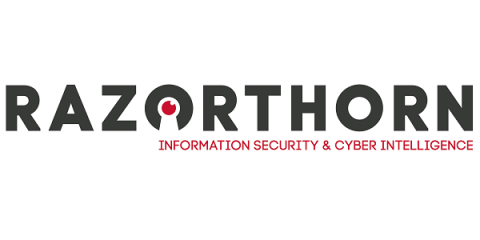Your Cybersecurity Strategy for 2025
By James Rees, MD, Razorthorn Security From 2020 to 2024, cybersecurity underwent a transformative period that reshaped the industry. This era witnessed several significant high profile security breaches, whilst the World Economic Forum recognised cybersecurity as one of the top ten threats to global economic stability.


